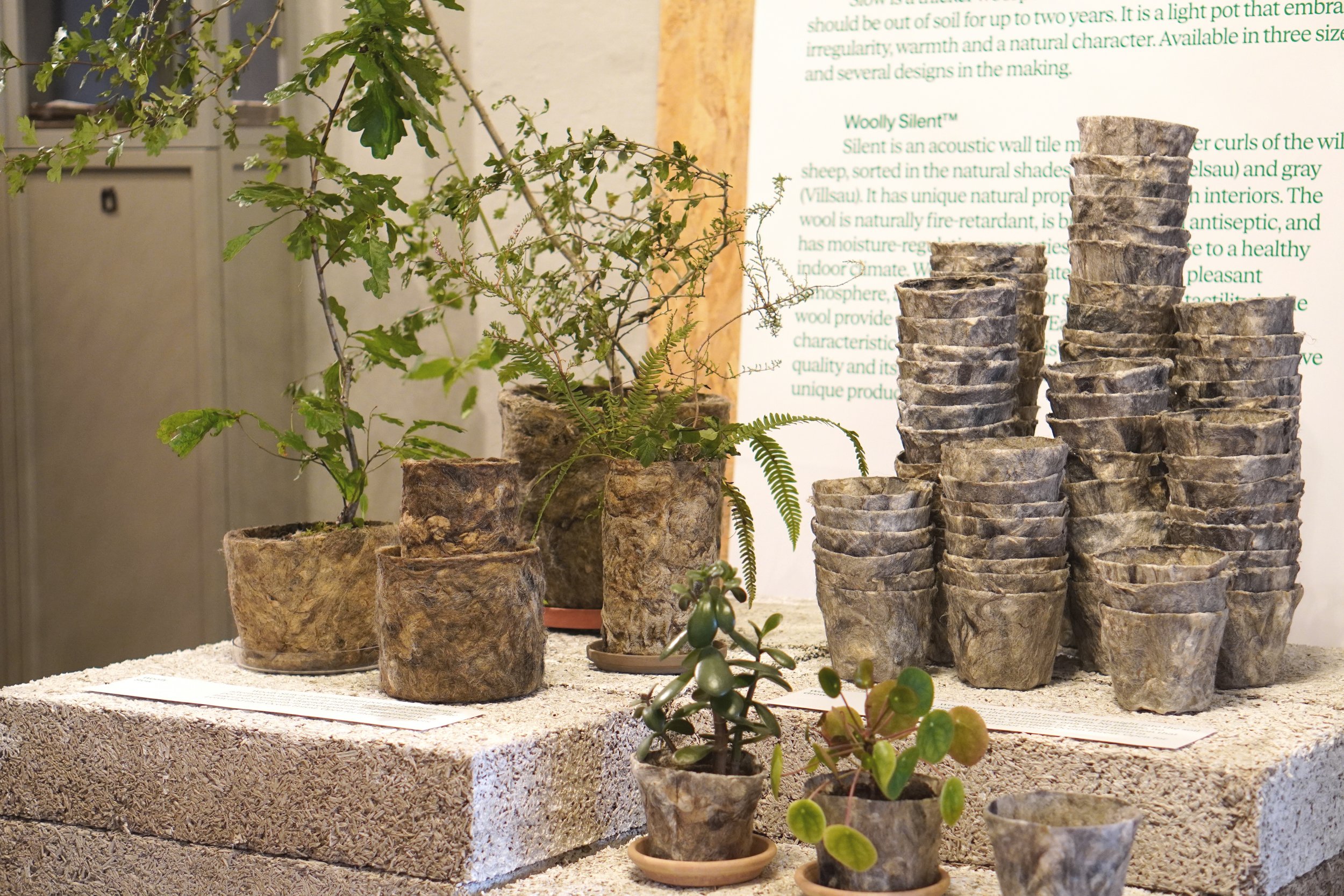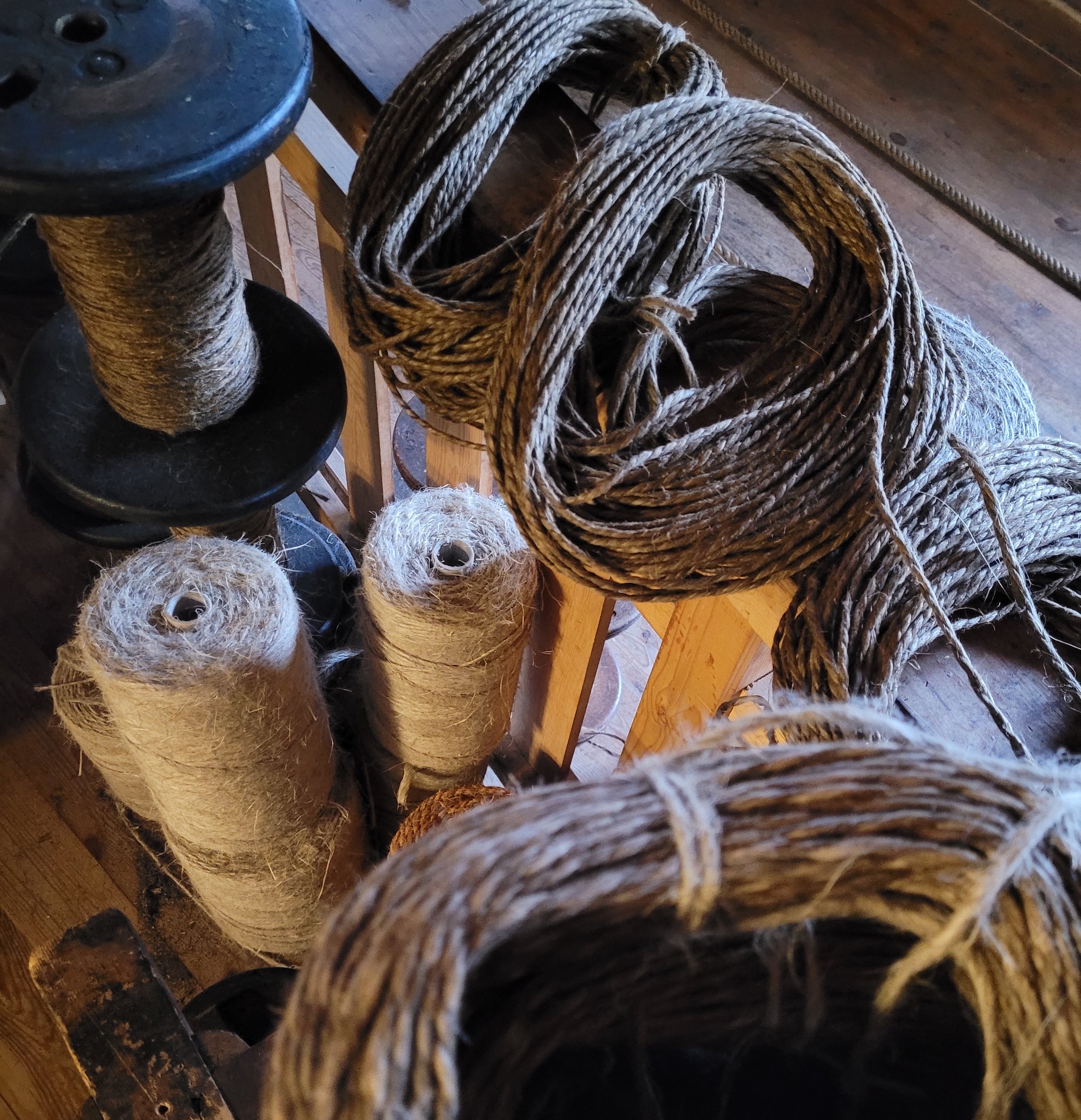
80% of the environmental impact of a product or building is decided in the design phase
– In the Bubble, John Thackara
Fibre packaging
Industry: brewery & distillery
Solution: Molded fiber packaging out of draff and seaweed.
Marine regenerative habitats
Industry: NIVA, Norway
Solution: regenerative geopolymers modules for marine restoration.
Oat biodegradable products
Industry: Norgesmøllene, Norway.
Solution: oat hull based innovative biomaterials.
Woolly Silent™
Industry: Biospinout Two
Solution: low valued Norwegian wool acoustic modules.
Program for Biomaterial Innovation
Industry: Norwegian west coast SMI’s
Solution: Biomaterial incubator / Venture creation studio
Sustainable Tourism
Industry: cultural heritage & tourism
Solution: sustainable bioregional craft production
Protecting agricultural soils from plastic pollution
Industry: Norwegian agriculture stakeholders
Solution: regenerative roadmap
Forum Landbruksplast
Industry: Norwegian counties & regions
Solution: Regenerative strategy for agriculture films














